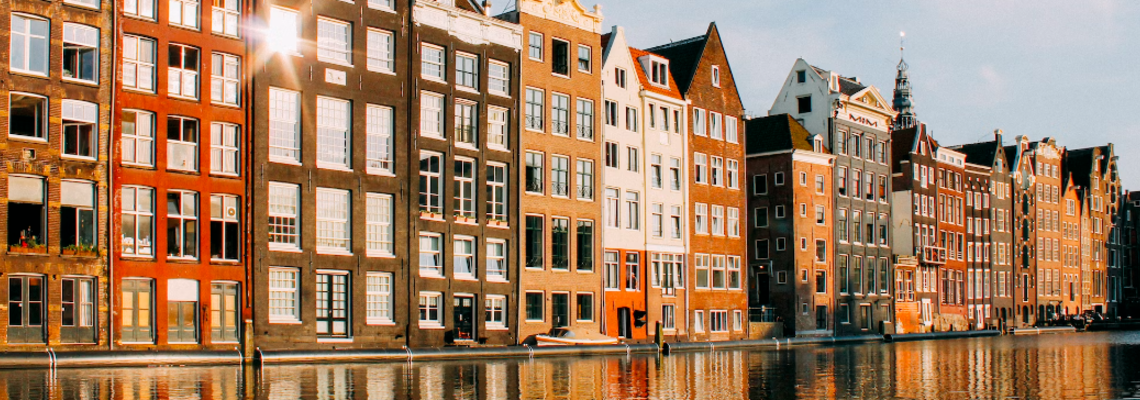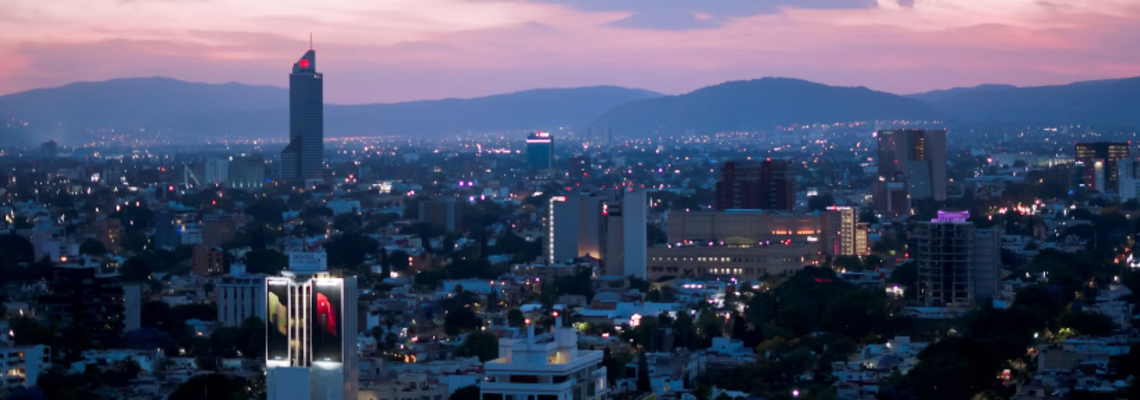Tag: low emission zone
Hanover low emission zone to be cancelled! What does this mean for air quality and the traffic turnaround?
From 22 February 2024, it will be official: the low emission zone in Hanover will be abolished. After 16 years of strict regulations for vehicles within the 4,300-hectare environmental zone between Sahlkamp, Süd-, West- and Messeschnellweg, you will no longer need a green sticker on your windscreen to drive into the city centre.
A speed limit rarely comes alone - now 50 km/h on Berlin's roads again?
Transport Senator Manja Schreiner (CDU) recently proposed lifting the speed limit on many main roads in Berlin. This is a departure from the previous regulation, according to which a speed limit of 30 km/h applies on 34 main roads. The speed limit was introduced a few years ago to improve air quality and is now to be largely lifted now that this goal has been achieved.
Cars are getting wider and wider - are width restrictions or increasing parking fees coming to European cities?
Drivers' love of SUVs has meant that the average width of cars in Europe has increased by half a centimetre every year since 2001. This development brings with it a number of challenges, particularly in terms of parking facilities and road safety. A study by the European umbrella organisation Transport & Environment shows that half of new cars are now too wide for many parking spaces in European cities. The researchers are therefore in favour of a European upper limit for the width of cars.
Declining car registrations in the Eurometropolis of Strasbourg: a step in the right direction
In recent years, the number of cars registered in the Eurometropolis has steadily increased. However, for the first time since 2015, the region recorded a significant decline between 2022 and 2023. The number of cars fell by 2.83%, according to figures from the Ministry of Ecological Transition. This decline is particularly noticeable in Strasbourg.
Strasbourg low emission zone: fines suspended for the time being!
There has recently been some good news for travellers in Strasbourg. The President of the Eurometropolis has decided to suspend all fines in connection with the ZFE zone, citing the improvement in air quality as the reason. Pia Imbs explained: "There will be no further fines for the low emission zone. The air quality has improved. Despite this decision, the low emission zone will remain in place for educational reasons.
Less CO2 emissions from electric cars - European Court of Auditors takes stock
A recently published report by the European Court of Auditors (ECA) found that CO2 emissions from cars in the EU have not fallen despite stricter regulations and increased average targets. The report concludes that while electric cars could make an important contribution to reducing emissions, their share is not growing fast enough to make a significant difference.
New low emission zones in Amsterdam!
Since the beginning of the year, the city of Amsterdam has banned heavy buses and lorries in the city centre. Heavy goods vehicles over 7.5 tonnes are banned within the canal belt (S100). Next year, there will also be up to 30 zero-emission zones in the Netherlands. Even if transitional periods still apply for some time, the Netherlands is on a fast track out of combustion mobility.
Big news from Mexico - country's first low emission zone to be created in Guadalajara
The city of Guadalajara in Mexico has announced plans to create its first LEZ (Low Emission Zone). The move is part of the city's efforts to reduce traffic accidents and fatalities, cut greenhouse gas emissions and tackle the climate crisis. The low emission zone will extend around the busy Ramón Corona intersection in the historic city centre. This is the first time such an attempt has been made in Mexico to improve air quality by regulating polluting vehicles in a specific zone.
CO2 emissions from commercial vehicles to be drastically reduced - EU Parliament has clear ideas
The EU Parliament's decision to significantly reduce CO2 emissions from commercial vehicles has far-reaching implications for environmental zones and air quality. The ambitious targets stipulate that new city buses should be emission-free by 2035. Compared to 2019, their emissions are to be reduced by 90 % by 2030. Emissions from lorries and coaches are to be reduced by 90 % by 2040.
Poor air quality in eastern Germany: effects on environmental zones and air quality
A few days ago, the Federal Environment Agency warned of 'very poor' air quality in many places in eastern Germany, caused by a combination of an easterly flow and a stable high-pressure weather situation. This inversion weather situation led to an increased accumulation of air pollutants and significantly impaired air quality. Should we introduce more low emission zones after all?

![[Translate to Englisch:]](https://www.green-zones.eu/fileadmin/_processed_/9/c/csm_screenshot_2024-02-16_075914_366f71822b.png)
![[Translate to Englisch:]](https://www.green-zones.eu/fileadmin/_processed_/2/b/csm_screenshot_2024-02-14_133624_409d4b6880.png)
![[Translate to Englisch:]](https://www.green-zones.eu/fileadmin/_processed_/4/e/csm_screenshot_2024-02-01_121216_bdd51b270c.png)
![[Translate to Englisch:]](https://www.green-zones.eu/fileadmin/_processed_/6/8/csm_screenshot_2024-02-01_115731_3a43a38253.png)
![[Translate to Englisch:]](https://www.green-zones.eu/fileadmin/_processed_/7/7/csm_strasburg_bird_view_8380ff6c71.jpg)
![[Translate to Englisch:]](https://www.green-zones.eu/fileadmin/_processed_/e/e/csm_screenshot_2024-01-31_124749_0afe2adcd4.png)


![[Translate to Englisch:]](https://www.green-zones.eu/fileadmin/_processed_/8/7/csm_screenshot_2024-01-25_121651_3ee62af415.png)
![[Translate to Englisch:]](https://www.green-zones.eu/fileadmin/_processed_/e/c/csm_screenshot_2024-01-25_094627_2a09ea2cbc.png)